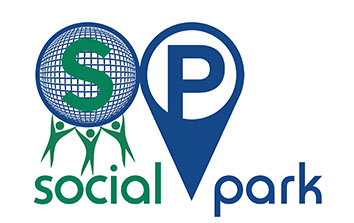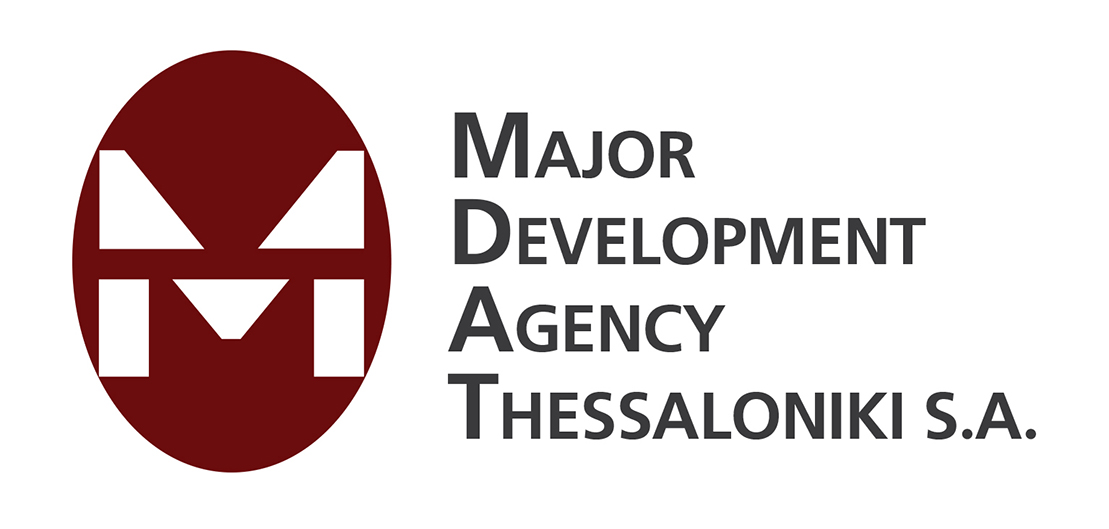SOCIAL PARK: An integrated Parking-as-a-Service platform for facilitating search of vacant parking lots based on crowd-sourced Information

SOCIAL PARK: An integrated Parking-as-a-Service platform for facilitating search of vacant parking lots based on crowd-sourced Information
CONSORTIUM: University of Patras, Information Technologies Institute CERTH,MAJOR DEVELOPMENT AGENCY THESSALONIKI SA, OTO Parking SA
Limited parking space in urban environments has a severe social and environmental impact, because of time loss and unnecessary pollution while looking for free parking positions. The main idea of SocialPARK is to tackle this problem through the activation of an ecosystem of interacting citizens, parking companies and municipalities, towards a mutually profitable management of the publicly available parking space. The goal of the project is the creation of an integrated platform for the provision of personalized parking functionalities as a service (i.e., parking-as-a-service). The platform unifies and centrally audits the availability, and coordinates the usage of publicly available parking positions belonging to citizens, the private sector (e.g., super markets possessing underutilized private parking spaces for their customers, and might be willing to commercially exploit them within the day), parking companies, municipalities, etc. The availability of free parking positions is audited either via specialized automated systems (e.g., via the use of cameras and sensors), if such technology already exists, or (mainly) via a crowd-sourcing approach that gathers availability information provided by the commuters, private companies and the municipalities. The main contributions of the SocialPARK platform are:
(a) the exploitation of the “wisdom of the crowd” for providing parking recommendations which achieve an effective utilization of the entire publicly available parking space within an urban environment;
(b) the provision of personalized parking services to citizens and special groups, for discovering in real-time and possibly also reserving, whenever this is possible, of free parking positions, as well as navigate-to-park and park-n-ride services; (c) the management of (either periodic, or spontaneous) queries for massive parking (e.g., for the cars of the employees of a company during weekdays, or for the cars of the spectators of a football match); and (d) the creation of a novel value-chain, based on parking services and “good-practice” rewarding schemes towards a more efficient management of the entire parking space, for the sake of the community.
Operational Program “Research-Create-Innovate”

